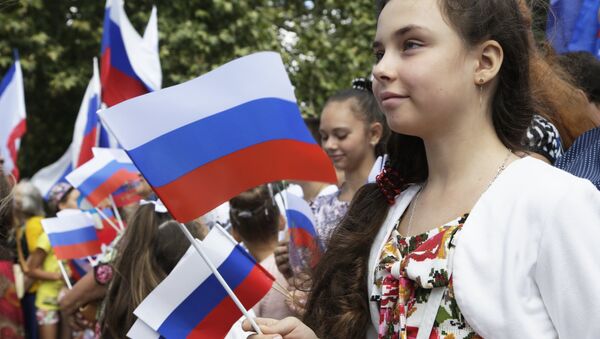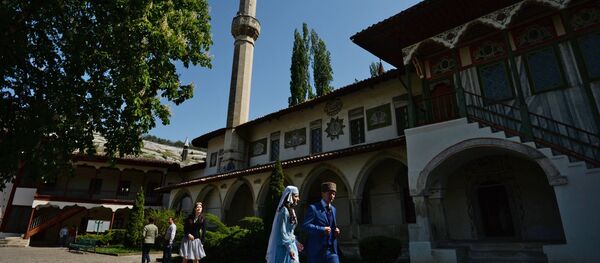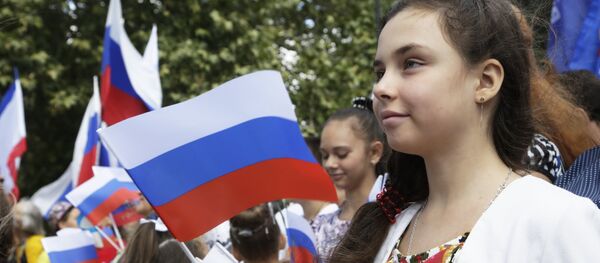MOSCOW (Sputnik) — According to Zannier, the problem is that the international community does not always recognize "the change of the facts on the ground."
"Yes, unfortunately, this is not the only case where we have concerns of this nature, the Crimea issue remains the dividing issue within the Organization because the way it happened was not the way it was recognized by the Organization," Zannier said when asked whether he had such concerns.
"The ones who suffer from this are the people because they get caught into the environment, where one country sees things one way, others see it other way and they cannot recognize these facts on the ground. The result of the lack of recognition is a lack of ability to regulate this situation and then you have property issues, the issues of freedom of movement and the human rights of the people, who caught in between, are in fact diminished," the official stressed.
OSCE representatives were invited to monitor the Crimean referendum, however, OSCE Chairperson-in-Office for 2014 Didier Burkhalter said that the initiative to hold the referendum in the proposed form was illegal.
On June 19, the Council of the European Union made a decision to extend the sanctions against Crimea in a number of spheres, such as imports of products, investment, tourism services, transport, telecommunications among others, until June 23, 2018.



